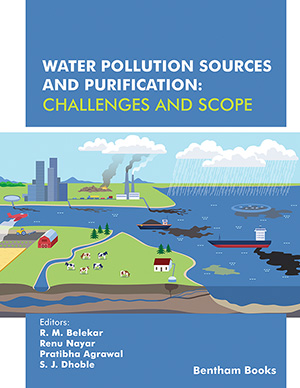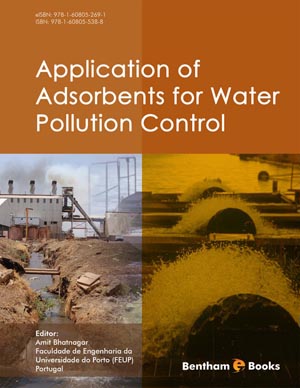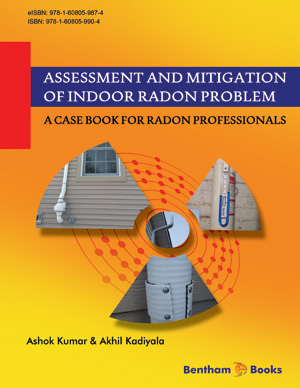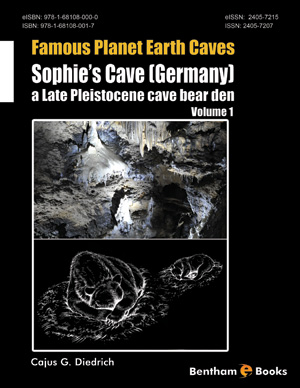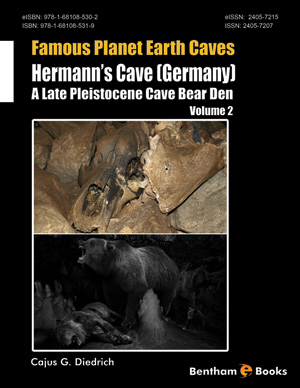Abstract
The existence of organic acids in aqueous waste continues to be an important environmental concern because of the odor and toxicity they impart to water. The photochemical degradation of benzoic acids (BA) and some of the substituted benzoic acids (SBA), which act as environmental pollutants, are studied in the present investigation using the Advanced Oxidation Processes (AOPs) and combinations of different oxidants and UV irradiation (UV/H2O2, UV/TiO2, UV/ZnO, and Fe(III)- oxalate complex). The photo-oxidative degradation of these pollutants was followed by studying their concentration decay over the period of exposure to the UV-oxidant combination. The degradation kinetics of substituted benzoic acids (SBA) is observed to be dependent on the directory nature of the substituent groups, analyzed by the Hammett constant (σ), where electron-withdrawing groups (EWGs) show positive values and electron-donating groups (EDGs) account for its negative values. These observations figured out the processes that can be efficiently used for the system. Thus, this paper aims to examine parameters that affect the photocatalytic degradation of substituted benzoic acids.
Keywords: Advanced oxidation process, Degradation kinematics, Hydroxyl radicals, Organic acid waste, Photochemical degradation, Photo-oxidative degradation, Substituted benzoic acids, UV/H2O2 .


